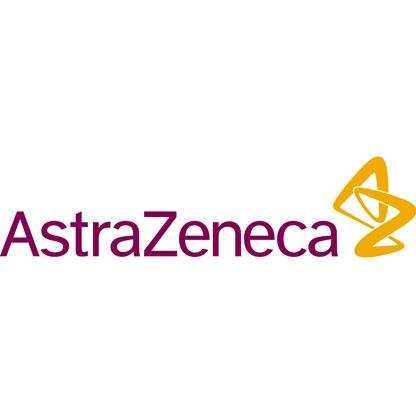
AstraZeneca to deliver industry-leading science and insights that augment the body of evidence on clinical approaches to tackling cardiovascular diseases at the American College of Cardiology (ACC) 67th Annual Scientific Session & Expo 2018.
The company will present 10 abstracts, three of which are accepted as ACC late breakers, including:
New real-world evidence: Findings from the CVD-REAL 2 study (Comparative Effectiveness of Cardiovascular Outcomes in New Users of SGLT2 Inhibitors) build upon the landmark CVD-REAL study results that were presented at ACC 2017. CVD-REAL is the first large real-world evidence study of its kind evaluating the risk of hospitalisation for heart failure and death from any cause in patients with type-2 diabetes treated with SGLT-2 inhibitors (SGLT-2is) versus other glucose-lowering drugs. CVD-REAL 2 assessed more SGLT-2is with longer follow-up, across broader endpoints (heart attack and stroke) and in six additional countries (Asia Pacific, Middle East and North America).
New phase III data: Data from the phase III TREAT (Ticagrelor in Patients With ST Elevation Myocardial Infarction Treated With Pharmacological Thrombolysis) trial, led by the Research Institute of Hospital do Coração (HCor) in Sao Paulo, Brazil, exploring the safety of Brilinta in patients treated with pharmacological thrombolysis.
New observational health economic research: Data from ARTEMIS (Affordability and Real-world Antiplatelet Treatment Effectiveness after Myocardial Infarction Study), a randomised trial that seeks to address the impact of patient copayment reduction on P2Y12 inhibitor persistence and clinical outcomes after a heart attack.
Additionally: new approaches to tackling CV disease in Africa; Insights from AstraZeneca’s Healthy Heart Africa programme will be shared by Professor Gerald Yonga, Professor of Medicine and Head of the Non-Communicable Diseases Research Thematic Unit at the University of Nairobi’s School of Medicine. He will present on Trans-sector Approaches to CVD Prevention and Care in Africa, sharing experiences from an innovative programme committed to tackling high blood pressure and the increasing burden of cardiovascular disease in Africa.
Ludovic Helfgott, vice president, CVMD, said: “Once again, we’re bringing to the ACC community a breadth of distinctive science that refines our understanding of cardiovascular and metabolic diseases in order to advance clinical practice. With landmark real-world evidence supporting this approach, our aim is to improve CV outcomes for millions of patients worldwide.”
These new data build on recent scientific updates by AstraZeneca, including the start of THALES, a new phase III trial investigating the potential of Brilinta in stroke; new randomised controlled trials and real-world evidence studies that highlight the persistency of CV risk in patients who have already suffered a heart attack, and the potential of Brilinta to significantly reduce the risk of future CV events for these patients.
Cardiovascular, renal and metabolic diseases together form one of AstraZeneca’s main therapy areas and platforms for future growth. By following the science to understand more clearly the underlying links between the heart, kidney and pancreas, AstraZeneca is investing in a portfolio of medicines to protect organs and improve outcomes by slowing disease progression, reducing risks and tackling co-morbidities. Our ambition is to modify or halt the natural course of CVMDs and even regenerate organs and restore function, by continuing to deliver transformative science that improves treatment practices and CVMD health for millions of patients worldwide.
Astrazeneca, clinical practice, cardiovascular risk management, acc 2018